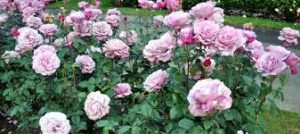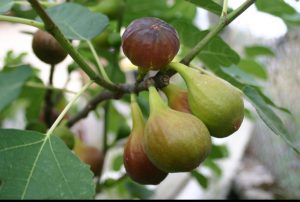As chances of trade normalisation with India grow grimmer until concerns of Pakistan’s agriculture sector are addressed, the Indian High Commission prepared a defence for liberalisation process with selected set of trade figures, highlighting gains so far made by Islamabad.
Following the steps taken to enhance bilateral trade, Pakistan’s exports to India between April-December 2012 grew 66% against the corresponding period of last year, according to a press release issued on Tuesday by the Indian High Commission.
It is a first of a kind move where New Delhi had used its high commission in Islamabad to play down criticism against the normalisation process that has delayed granting of the ‘Most Favoured Nation’ status to India.
In February last year while taking a giant leap, Pakistan had abolished the positive list containing only 1,956 tradable items and enforced a negative list of 1,209 untradeable items until both sides agree on absolute trade normalisation.
The handout further said that compared to 66% growth achieved by Pakistan, India’s exports to Pakistan grew only 16% in the April-December 2012 period. The figures were based on the information provided by the Directorate General of Commercial Intelligence and Statistics, Ministry of Commerce and Industry (MoCI) of the Government of India.
The impressive increase in Pakistan’s exports during the last nine months of 2012 reflected the benefits of the steps taken to enhance bilateral trade, and improvement of the trade environment, aided by the South Asian Free Trade Area (Safta) tariff reductions, according to the Indian High Commission.

In absolute terms, Pakistan’s exports to India in the period stood at $460 million, which was higher than $277 million during April-December 2011. Surprisingly, the value was also higher than Pakistan’s total exports of $401 million to India for the entire previous year, from April 2011 to March 2012, it added.
The growth of $183 million in exports to India was also higher than the more than the increase of $170 million in imports from India in the same period. The MoCI figures also indicated that the share of Pakistan’s exports in bilateral trade with India had almost doubled since 2009-10.
However, the high commission did not disclose the total volume of bilateral trade, which was heavily tilted in favour of India. The handout added that in order to address concerns of Pakistani exporters, the two countries had signed three agreements in 2012 in areas of customs cooperation, mutual recognition of standards and redressal of trade grievances.
The high commission hoped that the liberalised visa provisions pertaining to business persons will further facilitate exchanges aimed at promoting trade.
While the figures suggested short term gains achieved by Pakistan, various independent studies said that Islamabad gave too much in return for virtually nothing. According to the Institute of Public Policy (IPP) – an independent think tank – Pakistan had opened up its 82% tariff lines for Indian goods from just 27% pre-February level.
The findings showed Pakistan had given up the maximum on agriculture and as a result of the abolition of the positive list; Pakistan has already opened up 92% of its agriculture sector to the Indian goods. In comparison, India had still protected its agriculture sector by enforcing very high custom duties besides placing many products on the Safta’s sensitive list.
According to the IPP findings, there was a clear asymmetry in Pakistan and Indian agriculture sectors. India was subsidising its agriculture sector to the tune of 5% of its size of economy in comparison to just 1.2% of the gross domestic product (GDP) agriculture subsidies provided by Pakistan.
The think tank suggested the government to provide protection to the agriculture sector through the Safta platform. It sought linking import of Indian cotton with a quota by slapping 15-20% duties on Indian-based cotton once imports exceed the one million bales threshold.
The IPP also advised the government to withdraw protection given to the textile sector and offer the same to the agriculture sector.
Published in The Express Tribune







